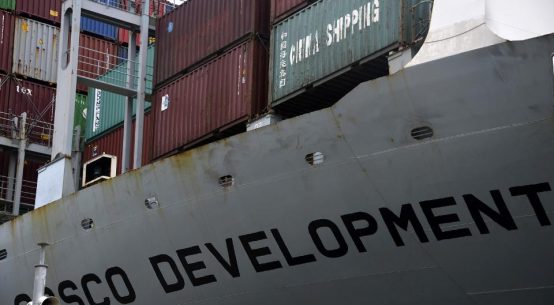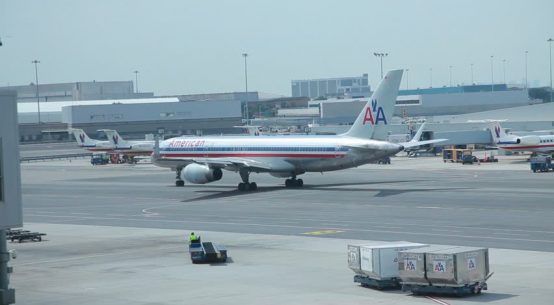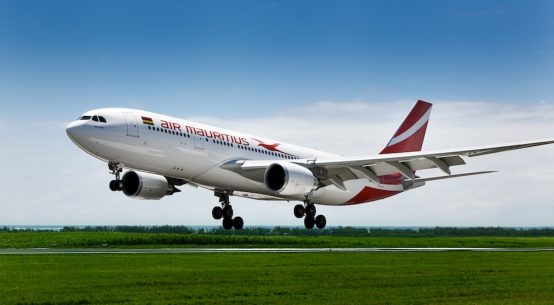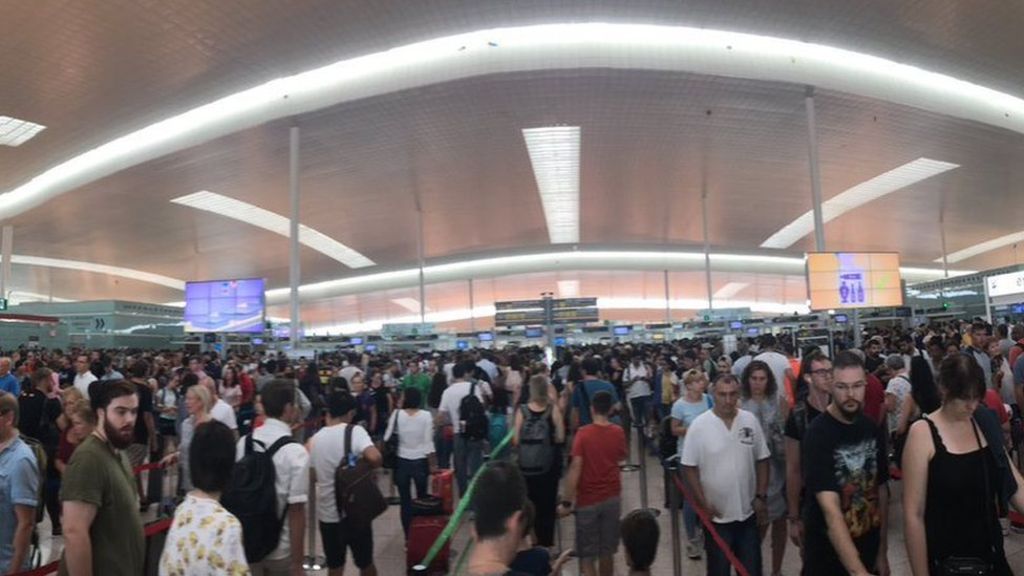
Travellers passing through Europe have been advised by airports and various airlines, among them British Airways, EasyJet and Ryanair, to arrive at least three hours early to avoid chaos at passport control.
The weekends have been especially difficult at hub airports as tourists returning from their summer holidays join the 1.7 million daily passengers commuting around Europe for work-related travel.
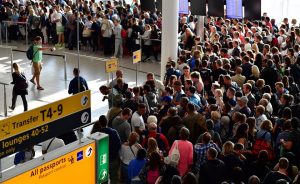
(Forbes) – Long waits, slow lines, missed connections and frustrated travellers have been a common sight at airports across Europe over this summer.
The long lines at passport control due to the implementation of stringent border checks for passengers entering and leaving the European Schengen area (Belgium, Czech Republic, Denmark, Germany, Estonia, Greece, Spain, France, Italy, Latvia, Lithuania, Luxembourg, Hungary, Malta, Netherlands, Austria, Poland, Portugal, Slovenia, Slovakia, Finland, Sweden and Iceland) have reached as long as four hours at some airports.
Popular holiday destinations including Madrid, Lisbon, Amsterdam, Paris, Milan, Brussels and Mallorca appear on the list of those most affected by the disruptions.
The International Air Control Association (IATA), the largest airline lobby group in Europe, warned about “devastating” delays and, along with several European airline associations such as Airline for Europe, Airlines Council International, European Regional Airlines and the Association and Airlines International Representation in Europe have asked the European Council of Ministers to address the industry’s concerns and to add more “urgently needed” resources in order to reduce delays.
They calculate that the new controls have added on average one hour to the processes necessary for every flight. As a result, one in 20 passengers is likely to miss a connecting flight.
“The imposition of a new regulation on border control checks by the European Union (regulation 458/2017) has caused chaos and significant delays to flights in Europe,” the IATA warned. “We support additional border checks if governments believe this improves the security of Europe’s citizens, but more resources are needed to prevent delays, and governments have failed to heed those warnings.”
The number of delayed flights due to border control issues in July and August was up nearly 100%, according to the association. Compared with last year that has meant a doubling of delays at many airports.
But the delays, according to the European Commission, are “the price of security.”




